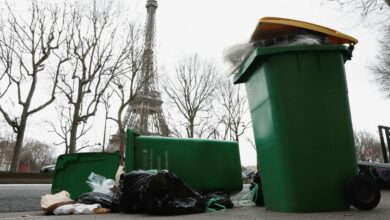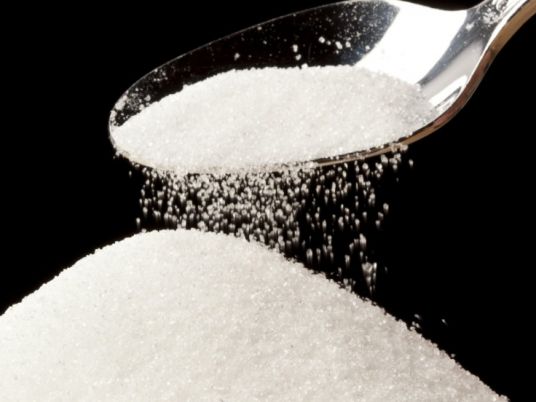The government has commissioned the Center for Agricultural Research, a subsidiary of the Ministry of Agriculture, to develop a plan for eliminating environmental problems resulting from rising rates of agricultural and organic wastes in the governorates of Giza, Cairo, and Alexandria.
The ministry’s proposal makes use of a new species of earthworms that were imported from Australia last year. These worms are known to be efficient recyclers of agricultural and organic waste materials. The process by which the worms dispose of the waste makes soil more fertile.
The increase in the quantity of waste, which has reached more than 24,000 tons, is the result of the government’s decision last May to cull all of Egypt’s pigs. The pig slaughter was part of an effort to stop fears about the H1N1 virus, also known as the swine flu.
The Ministry of Agriculture suggested a program for increasing the number of worms, bring the number to 1000 tons. The ministry says that this would help solve the problem of organic waste in the capital in an environmentally sustainable way. The plan is expected to last for five years, after which the worms could process as much as 1000 tons of garbage a day.
"These worms have the ability to turn organic wastes, like garbage, into useful fertilizers that help increase the fertility of the soil, reduce the effects of climate change, and diminish the damages caused by paperboard and textile factories that cause an increase in iron, zinc, lead, and cadmium elements," said Ayman Farid Abu Hadid, head of the Center for Agricultural Research.
"These worms can filter irrigation waters and purify them from heavy elements, as well as copper, zinc, and nickel by 100 per cent," he added.
Researchers at the center’s climate research department, also headed by Abu Hadid, issued an official report saying that agricultural waste is a major impediment to agricultural development. The report also said that the 26 to 28 million tons of waste produced annually can be recycled and made use of for many purposes, including fertilizers made by earthworms and natural gas that can be extracted from decomposing garbage.
The report also broke down the origins of Egypt’s organic waste. Cairo produces approximately 8,000 tons of organic wastes daily, representing 32 per cent of Egypt’s total garbage. Cairo, Giza, and Alexandria together produce 55 per cent of the total amount. Thirty-four million tons of organic waste is produced by seasonal agriculture.
Animal waste is another source of organic waste in Egypt, the report said. About 30 per cent of animal waste is used for organic fertilizers and 50 per cent is used to provide energy to home stoves. Two per cent is lost in the street.
Most organic waste from cities is buried, while most agricultural waste is burned, a process that incurs environmental and economic problems, according to the report. Specifically, the report said that burning agricultural waste leads to global warming and the development of the black cloud. It also neglects to capitalize on economic resources that could potentially create jobs, the report said.
The earthworm plan could avoid these problems. The worms, which turn organic leftovers to a high-quality fertilizer, could be employed on organic waste from large farms to small kitchens. A very simple system that uses worms to process waste could be installed in restaurants, hotels, or on the street.
The report compared the way worms serve plants to the process of extracting gasoline from petroleum. The main goal of the new technique is not to get rid of the domestic or agricultural wastes, but to treat it as a raw material that can be turned into other products.
The earthworm could also be utilized in processing sewage water, enabling its reuse for irrigation. The worms can decrease the concentration of heavy elements and the degree of acidity in the water. This technique is economical and environmentally sustainable when used for processing uncultivated lands for farming and reclamation. The surplus of earthworms can be used to make high-protein feed for fish and poultry farms, as is seen in India.
Translated from the Arabic Edition.




